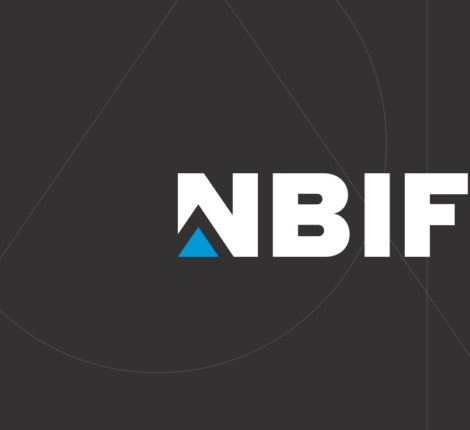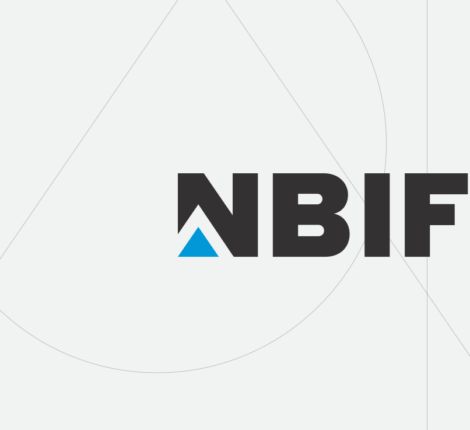- May 6, 2024
- In the News
- Comments : 0
Driving Sustainable Growth and Achieving Net-Zero Targets: NBIF Invests in Four Innovation Projects
In 2023, NBIF) partnered with Net Zero Atlantic (NZA), a leading energy research organization advancing Atlantic Canada’s transition to a low-carbon future, to launch New Brunswick’s Emerging Concepts and Technologies (ECT) Research Program, a pilot program to identify and support the development of New Brunswick-made solutions for reducing greenhouse gas emissions.
The program is open to private companies as well as researchers at New Brunswick institutions and was made possible through a contribution of $250,000 as an initiative within the Climate Impact Fund. The Climate Impact Fund is a joint partnership between Opportunities New Brunswick and NBIF aimed at accelerating innovation in clean technology and climate adaptation research.
A panel of experts evaluated 13 proposals and awarded funds to four impactful projects. “New Brunswick-based innovations are keys to driving successful and sustainable growth,” said Tim Bachiu, Director of Research for Net Zero Atlantic. “The four projects supported by NBIF will address challenges in grid stability, emissions reductions, and using New Brunswick’s natural environment for carbon removal.”
Atlantic Canada faces a significant challenge: achieving net-zero emissions by 2050. “Through the Climate Impact Fund and our work with Net Zero Atlantic, NBIF is addressing the challenges posed by climate change by reframing the work to be done as extraordinary opportunities for innovation, growth, and positive change,” said NBIF CEO, Jeff White. “We have the expertise in New Brunswick to build innovative solutions that address emissions head-on.”
NBIF looks forward to continuing this successful partnership with Net Zero Atlantic to deliver future investment into the ECT Research Program. By supporting these innovative projects, NBIF is propelling the development of new tools to mitigate emissions in New Brunswick and around the world while also unlocking economic opportunities for the province.
Energy Grid Storage: Dr. Shivam Saxena (UNB): “Towards a Net Zero and Resilient New Brunswick Grid via Vehicle to X Technology”, $110,000. Prof. Saxena is exploring how electric vehicle (EV) batteries can be integrated into the existing grid as flexible energy storage. His 18-month project will investigate how EVs can be used to feed electricity back into the grid during peak demand periods, potentially mitigating challenges associated with the transition to EVs.
Nature-based solutions for carbon sequestration: New Brunswick holds tremendous potential for carbon sequestration; two projects are focusing on quantifying the carbon capture capacity of wetlands and mudflats:
Dr. Dodick Gasser (CCNB) “Development of a methodology to account for carbon stocks in New Brunswick wetlands,” $125,000. This project will assess carbon storage capacity and processes in the wetlands of New Brunswick’s Northwest and factors contributing to the efficiency of this process.
Dr. Myriam Barbeau (UNB) “Developing a toolset to evaluate carbon sequestration in New Brunswick mudflats.” $112,500. This project uses international partnerships and satellite imagery to assess carbon capture rates in mudflats, validating results with field measurements.
Agriculture emissions reduction: Dr. Zunaira Asif (UNB) “IoT-Driven Modeling System for Monitoring Greenhouse Gas Emissions in the Canadian Agriculture Sector,” $40,000. This project uses Internet-of-Things (IoT) sensors to monitor greenhouse gas emissions across agricultural activities, including equipment use, soil management, and livestock emissions. The project will develop a life-cycle analysis model farm and a tool offering farmers actionable recommendations for emissions reduction.



